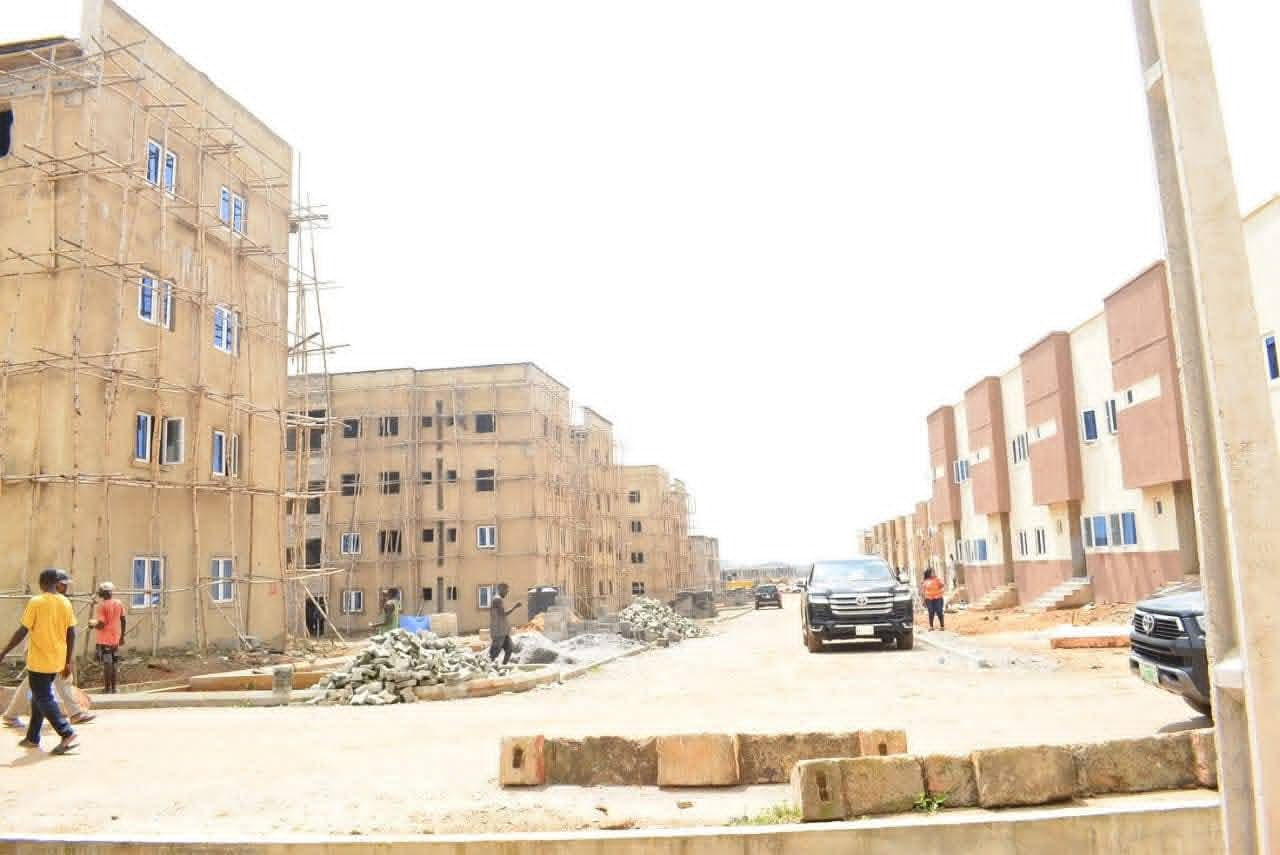
Experts have projected that demand for real estate asset classes including residential, commercial, and retail will continue to increase this year. They spoke at the 2025 Nigeria Real Estate Outlook forum organised by the Royal Institution of Chartered Surveyors (RICS) Nigeria Group in Lagos.
The Chief Executive Officer of North Court Real Estate, Mr Ayo Ibaru, who set the tone for discussion, said land value in major cities will continue to increase, while supply and demand for offices, and investment in the hospitality sector/short-let apartments will rise.
He also predicted a shift from single-use to mixed-use developments and expects trade, agriculture, as well as real estate to be top significant contributors to Gross Domestic Product (GDP) based on the government’s investment and agenda.
Ibaru, who was the keynote speaker, said in the previous year, there were sharp changes in the economy, which communicated the need to be flexible in the building sector.
“Yearly housing demand in Lagos, Abuja, Ibadan and Kano are increasing. Outstanding demand for housing per year is 800,000 units and rent is rising in urban areas.
“What happened in the land market is the stabilisation in land values. Diaspora activity will be critical to how real estate performs in Nigeria. Value Added Tax (VAT) rate will rise from 7.5 per cent to 15 per cent by 2030, with an exemption for rent. The absence of affordable housing is driving informal settlements,” he said.
The West Africa Tax Partner at Deloitte, Yomi Olugbenro, harped on the need for fiscal policy and funding for the sector. He said there appears to be a progressive regulatory approach to the tax system as it affects real estate.
“If you look at all the sectors of the economy, the real estate sector appears to have a fair share of what the government is trying to do regarding space. The idea is to use tax to attract local and foreign capital in the real estate sector.
“The provisions harmonised taxes and consolidated taxes and that provides for certainty. There is a provision in real estate investment trusts that those who are building owners, occupied property, and disposing of property have tax exemptions.
“If you pay rent for residential accommodation, it is VAT-free. For small businesses, which are part of the value chain involved in supplying materials, there is N25m revenue trench hold and exemption from VAT,” Olugbenro said.
Speaking on real estate financing, Chief Executive Officer of Terra Developers, Kola Asiru-Balogun, said demand for real estate is strong but getting funding that guarantees timely delivery of projects is a challenge for operators. He noted that the market is changing, and operators need to become more adaptive to changes and engage the government in terms of getting approvals for projects.
“I would rather borrow at 30 per cent and guarantee timely delivery of projects than use off-plan. We have realised that it is better to borrow at an expensive rate and deliver. Then, you know your real cost. The first thing is to deliver at the right time,” he said.
Head of Real Estate, Actis West Africa, Funke Okubadejo, said the government and other stakeholders should focus on reducing inflation from the current 34 per cent.
According to her, going back to where the economy was when inflation was barely above double digits, mortgages could be sustained at 16 per cent and within the income limit.
Although, she observed that the mortgage at 16 per cent is still high compared to Kenya where people can get it at six to nine per cent. “We need to focus on policy for the demand to be sustainable,” she added.
Anchor, Business Week Arise News, Rolake Akinkugbe, said real estate is an infrastructure project, but infrastructure businesses struggle in terms of long-term finance and low-interest loan funding due to a dearth of local capital investment.
Akinkugbe emphasised the need to create an ecosystem that allows funding to come into the real estate sector, leverage technology in the entire value chain, and partnerships and remove the bottlenecks. She said: “On the demand side, there are funding and off-taker issues. Our mortgage market doesn’t have the level of depth and vibrancy that we see in many other parts of the world. Liquidity is a challenge; so, we need a more creative and innovative funding structure.”






